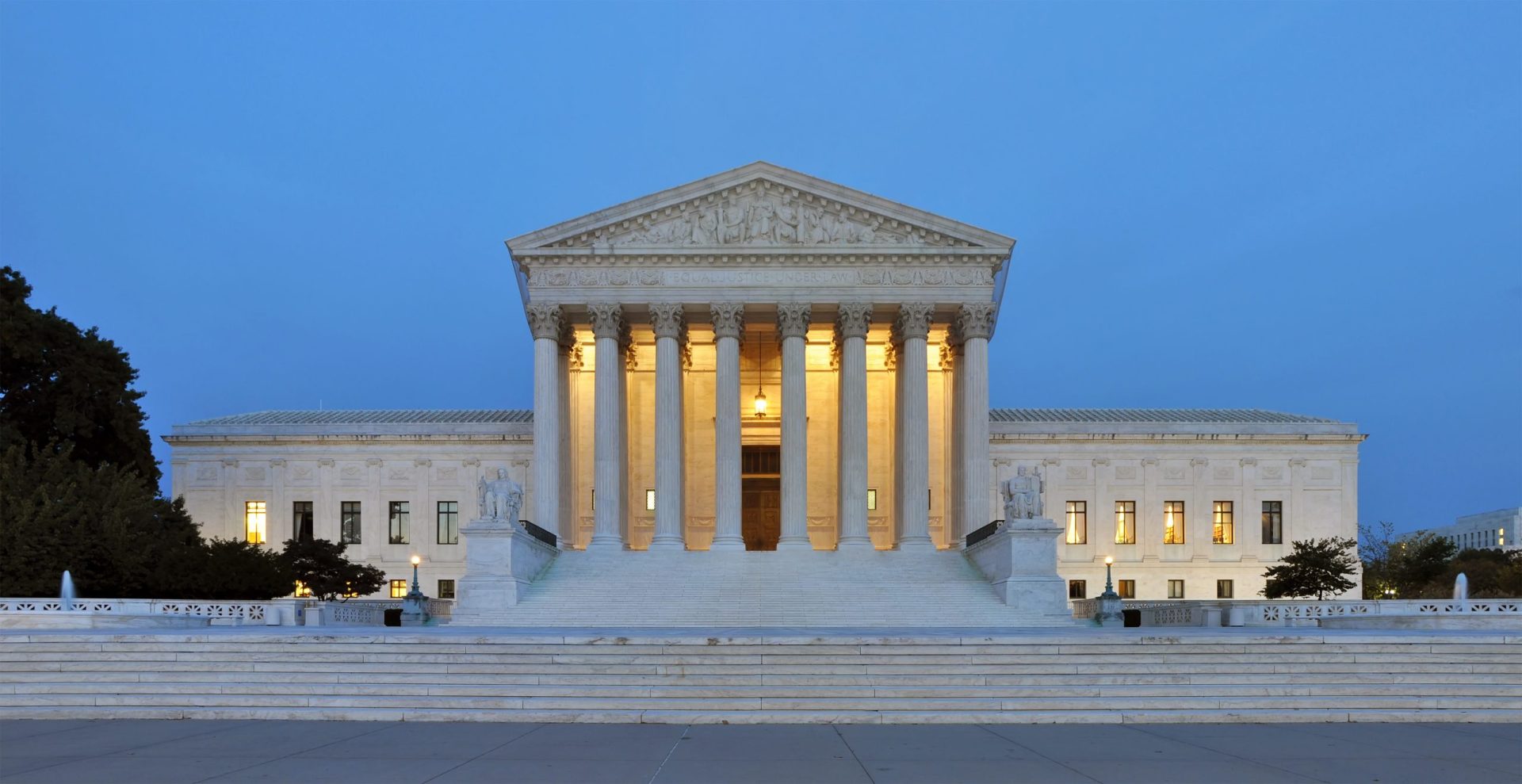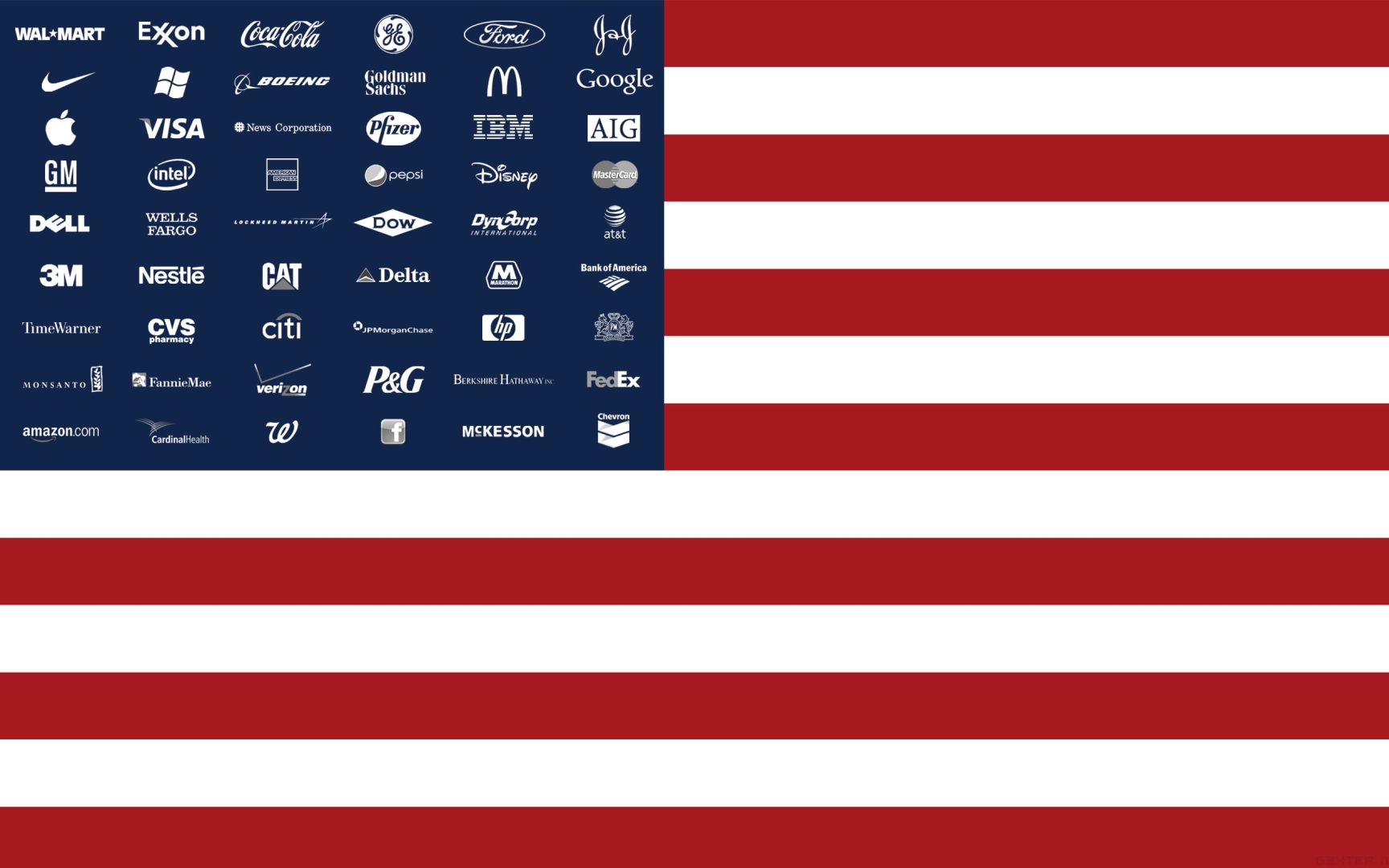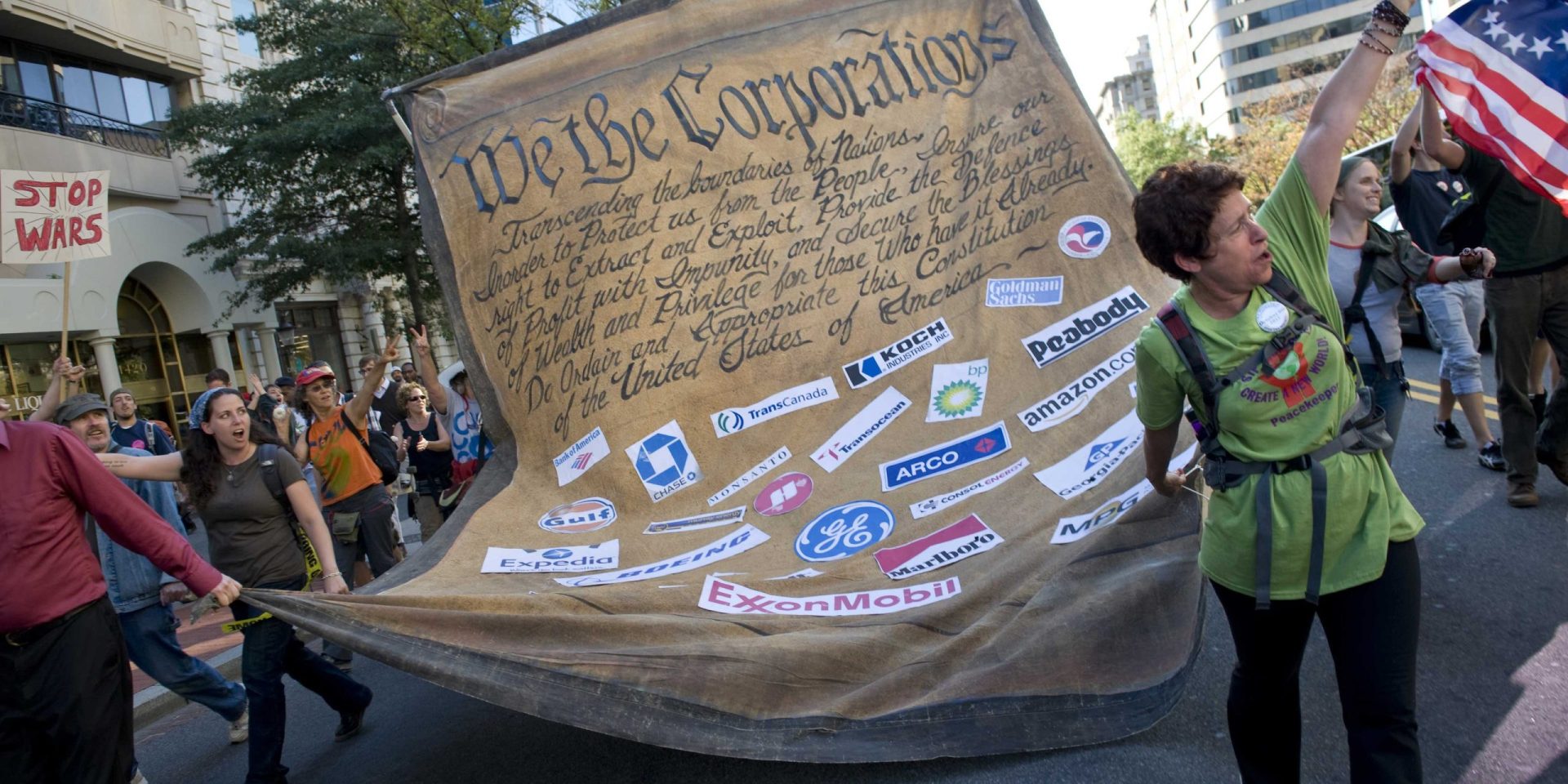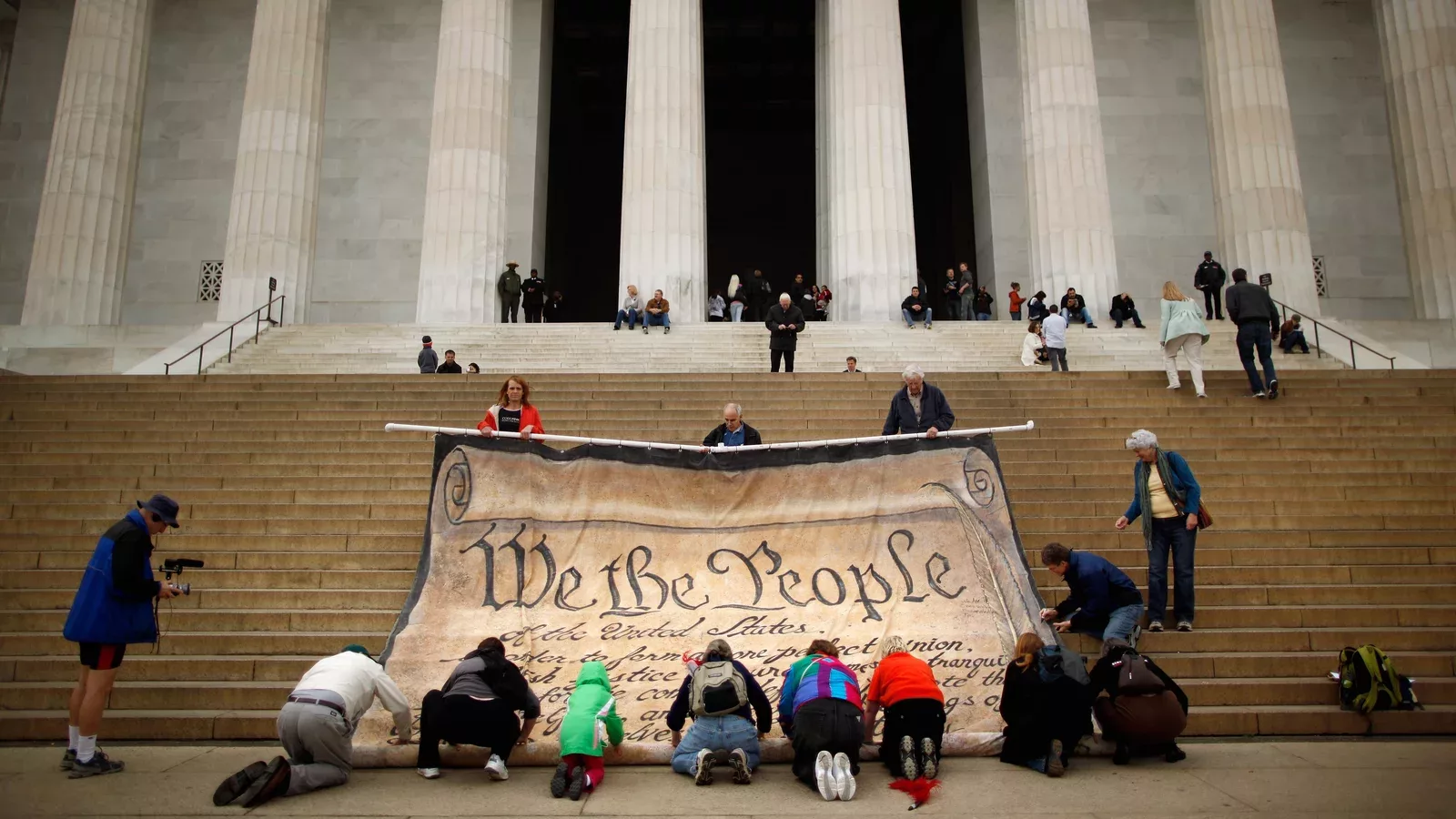

Are Corporations people?

The Corporation
The documentary examines the modern-day corporation, considering its legal status as a class of person and evaluating its behavior towards society and the world at large as a psychiatrist might evaluate an ordinary person.
American Corporations today enjoy many of the same rights as American citizens. Both, for instance, are entitled to the freedom of speech and the freedom of religion. Hardly oppressed like women and minorities, business corporations, too, have fought since the nation’s earliest days to gain equal rights under the Constitution―and today have nearly all the same rights as ordinary people.


Private Equity
The troubling opacity in private equity operations poses a significant threat to national security and opens the door to rampant corruption. This dangerous combination undermines the very foundations of democracy, with far-reaching consequences that impact the daily lives of ordinary citizens.



